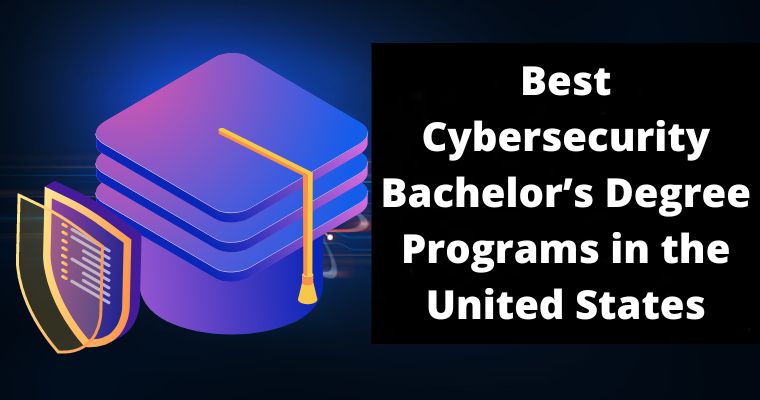Brown’s Master of Science in Cybersecurity is a fully online system that lets students learn with the same staff team and share the same classes as in-residence university students.
Students from all over the world can study at Brown without having to leave their homes.
Most employers nowadays look for a combination of experience and education.
While a master’s degree isn’t required for all professions, the benefits of having a master’s degree in cybersecurity include increased compensation, job stability, and career options.
The threat is immediate, the stakes are enormous, and far too few highly educated and competent workers meet the need.
That’s why well-trained cybersecurity experts command high wages and why pursuing a cybersecurity master’s degree could be the smartest investment you ever make.
While many of these programs are still in their early stages, others have been carefully crafted with input from field practitioners, local and national stakeholders, and industry thought leaders.
They intend to equip cybersecurity professionals with lifelong learning skills and defeat adversaries from both theoretical and tactical perspectives.
Brown’s involvement in scholars and research on a wide range of multidisciplinary issues benefits cybersecurity students, who can pick from two paths.
When our students study cybersecurity incidents like the SolarWinds hack, they look at politics and history and the technical aspects of the attacks.
Brown has been a pioneer in the field of cybersecurity for a long time. Brown’s cybersecurity program is based on an interdisciplinary approach that incorporates many viewpoints.
Students will graduate with a deep professional knowledge of cybersecurity and the desire to speak it to both technical and non-technical audiences.
At Brown, learning cybersecurity entails thinking like an adversary, which includes using social engineering attack routes, exploiting intelligence, and identifying security flaws.
Graduates who have done a Master of Science in Cybersecurity graduates from Brown University are equipped as security software engineers and information security analysts. Still, they also have the option of tailoring their courses to meet their specific needs.
Why should you enroll in Brown University’s program
- Extensive global collaborations ensure that prominent companies participate in our cutting-edge research and give us career and internship opportunities.
- The University doesn’t differentiate between online and in-person students; everyone is treated equally.
- The basic classrooms are kept small to make sure that students form bonds with their peers.
- The same world-class faculty who educate the other undergraduate and graduate students teach all the other courses.
Eligibility Criteria
- As an applicant, You should have a proven record of academic success, as evidenced by grades from undergraduate courses, graduate studies, and previous degrees.
- It’s also beneficial to have letters of recommendation from professors who can attest to your academic abilities.
- If your first language isn’t English, you’ll need to take the TOEFL or IELTS. International applicants must have a TOEFL score of 105 to be considered for admission to the program.
- You must have finished an undergraduate degree in a STEM or social sciences subject to apply.
- You must also have completed the undergraduate-level curriculum in (1) calculus, discrete mathematics, and probability or statistics, as well as (2) beginning computer science, which includes computer programming and data structures and algorithms.
- You may still apply if you are presently enrolled in a prerequisite course, but the university reserves the right to deny your registration if you do not pass the course.
- It is strongly recommended that you submit a separate statement that highlights any relevant policy and cybersecurity academic, professional, or volunteer experience.
- You can also give details regarding coursework that requires a lot of writing. Coursework details, including descriptions and grades, should be given.
Special Grants and Scholarships
- Only two types of scholarships are available for the Master of Science in Cybersecurity program: a full scholarship and a half scholarship (50 percent off tuition). The scholarship funds are very low; therefore, you should look into other financial sources.
- There is no distinct scholarship form; you are instantly evaluated for grants.
- If the committee decides that an application deserves a scholarship, the student will be notified at the time of their acceptance into the program.
- Unfortunately, the amount of scholarships offered is extremely restricted. Students who do not obtain a merit rank list at the time of admission will not be eligible for re-admission at the time of admission.
- Please keep in mind that if you are engaged in one of the limited scholarships, you should apply for admission to the program as quickly as possible. You will be first to be assessed for scholarships if you submit by our Priority Deadlines.




